What do you do when the programme you’ve built - designed with good intentions, solid funding and motivated mentors - is barely getting 30% of the attendance you hoped for?
At Vital Regeneration, a North West London charity, that was the situation we faced. They were running a programme called Studio+, aimed at getting young people aged 14–19 back into education, employment or training. The hook? Music production. The reality? Young people weren’t turning up.
And those who did, weren’t sticking around.
I was given the project to manage. Here’s how we turned it around - and what you can apply from that transformation for your own organisation.
🎯 The Wake-Up Call
Studio+ had a promising formula on paper: a 10-week music production course paired with literacy, numeracy, and career development. But we quickly realised something was off. Despite the music studio setup and access to industry mentors, young people were voting with their feet.
So, we did what anyone designing for people should do: we asked them.
🔍 What We Learned
We spoke with previous participants - in cafés, on the street, over the phone. What emerged was a disconnect between the promise and the experience. They had signed up to make music. Instead, they felt like they’d ended up back in school - with subjects and structures they’d deliberately left behind.
What they were being taught might have been useful - but it didn’t feel relevant or exciting.
🚀 The Shift: From Programme to Platform
So, we made a bold move.
We repositioned Studio+ from a programme to a platform - from "Come learn" to "Come create".
Instead of being just another course, it became “The Showcase” - a 10-week accelerator to build your own record label and drop your first album.
Every educational element remained - but was reframed:
- Literacy: became interviewing the artists you wanted on your album
- Numeracy: became creating a business plan for your record label
- Career advice: became private sessions with music industry insiders
We stopped trying to get young people to adapt to the programme - and instead, adapted the programme to match what inspired them.
📈 The Results
- The programme became oversubscribed
- Word-of-mouth reached young people outside our borough
- Every participant passed their academic qualification
- The majority moved on to education, employment, or further training
It was the most successful run the Studio+ programme had ever had.
🧠 Playbook Principles: Lessons You Can Use
1. Don’t just communicate value - design for it
If your audience doesn't instinctively see the appeal, you're making them work too hard. Reframe your offer so it feels native to their aspirations—not yours.
2. Ask the people you’re trying to serve
Your programme’s “failure” might not be in the content, but in the context. Talk to participants past and present. Go where they are. Ask real questions.
3. Package learning as purpose-driven
We didn’t remove literacy or numeracy. We wove them into a meaningful mission. When learning feels like a tool for a bigger goal, it stops feeling like school.
4. Make it feel earned, not handed out
Position your programme as aspirational. Young people didn’t want another remedial class - they wanted something that felt like an opportunity worth striving for.
5. Lead with the why, not the what
We stopped saying, “We’ll teach you music production.” We started saying, “You’ll launch your record label.” That shift in narrative made all the difference.
Questions to ask yourself
Think of a programme or service your organisation offers.
🧠 What would happen if you described it as an opportunity rather than an offer?
🎯 How would you reframe it to spark ambition - not obligation?
If you’re curious about how these kinds of shifts could work in your own organisation, we’d love to chat. Our Impact Evaluation service goes beyond measuring impact - we care about helping you accelerate it.

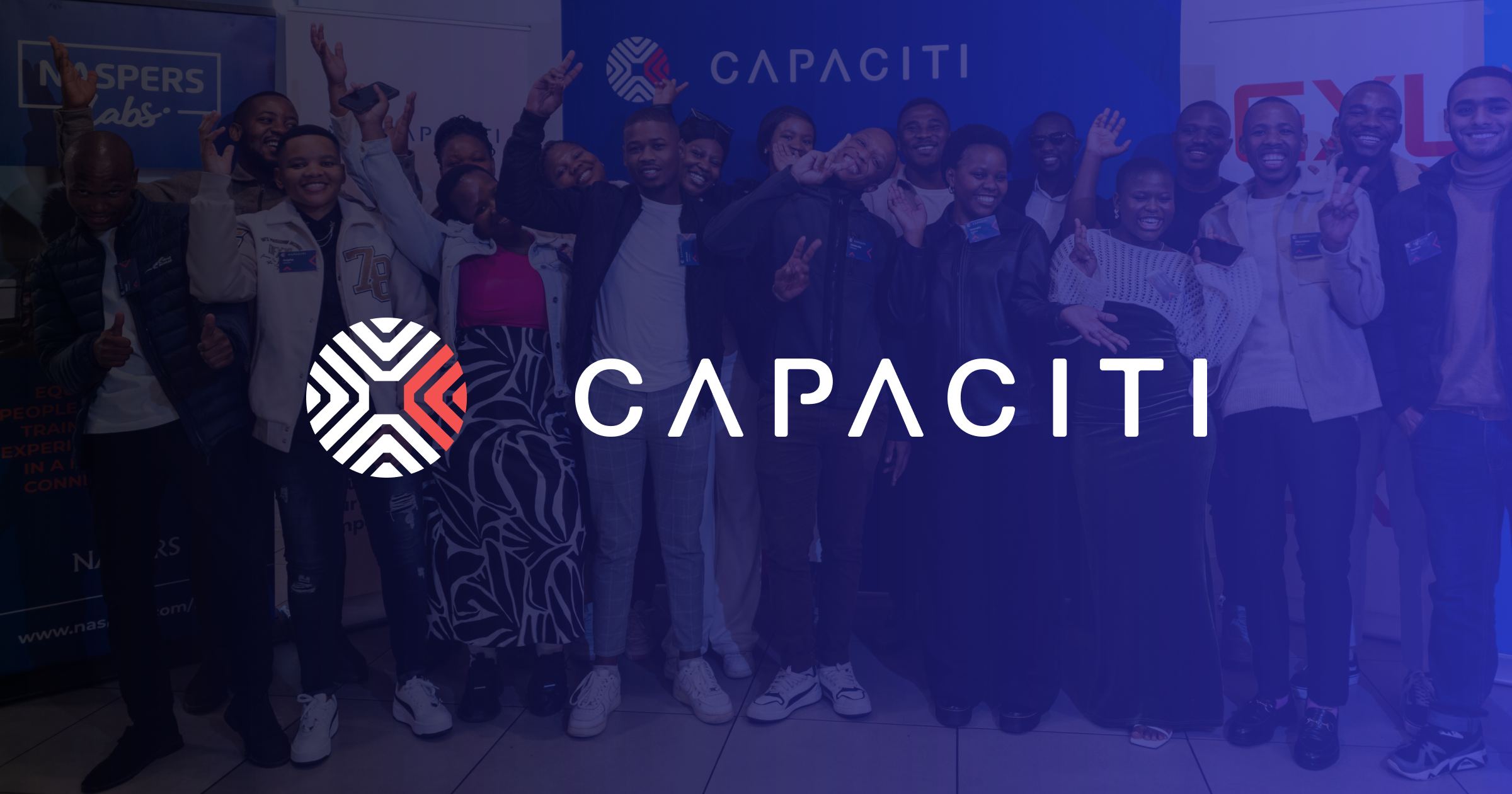
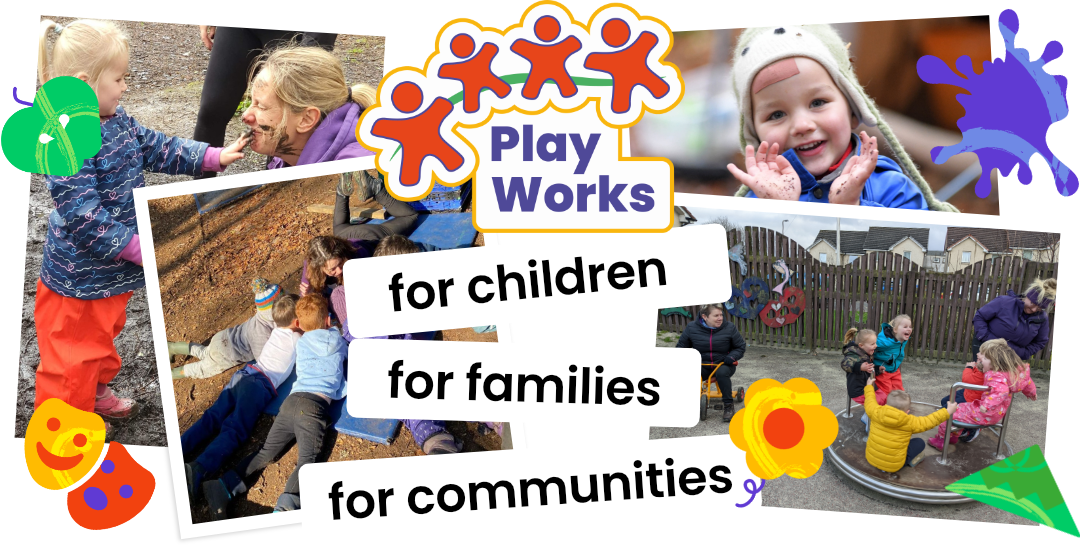

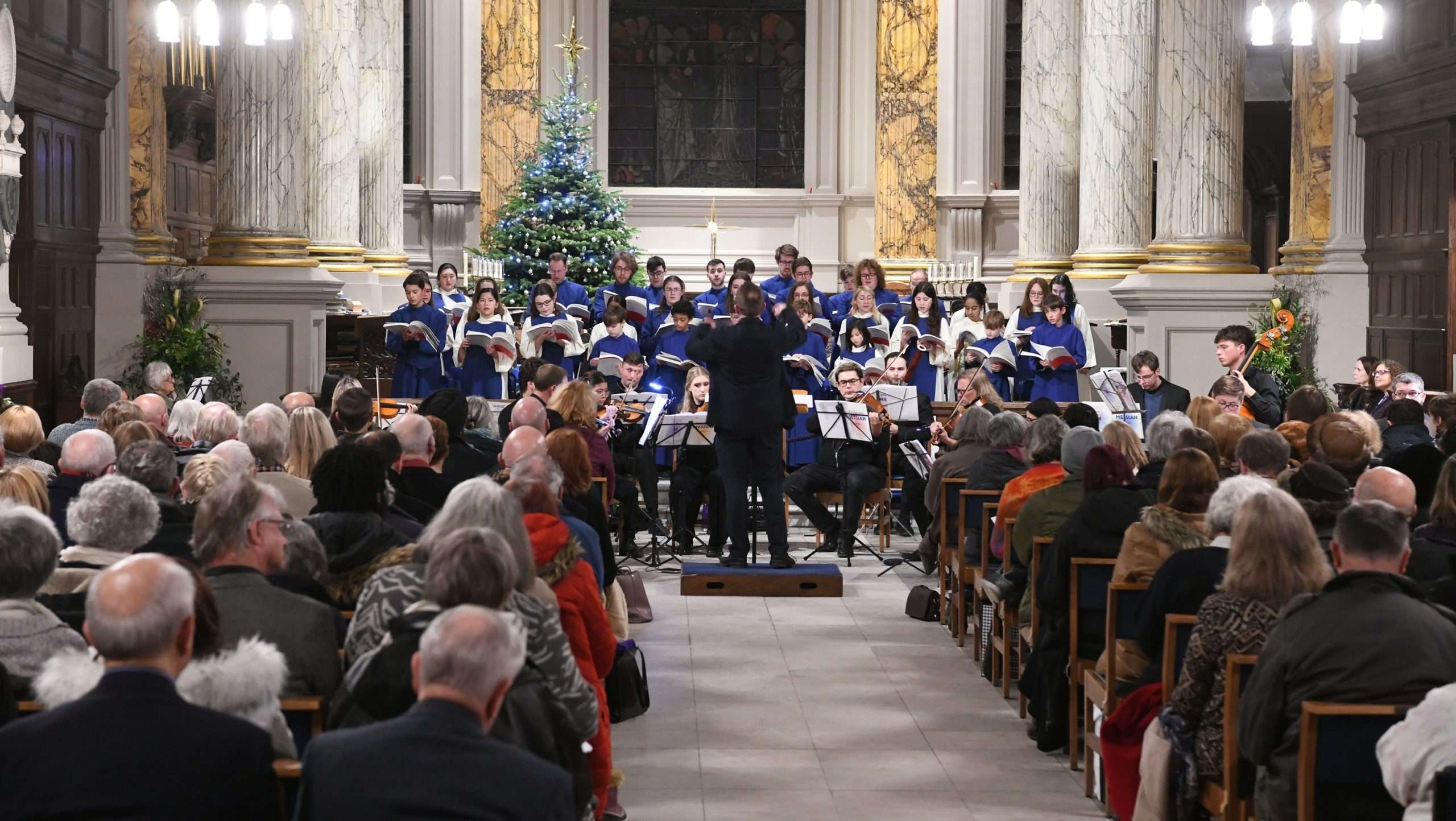








.jpg)
.jpg)
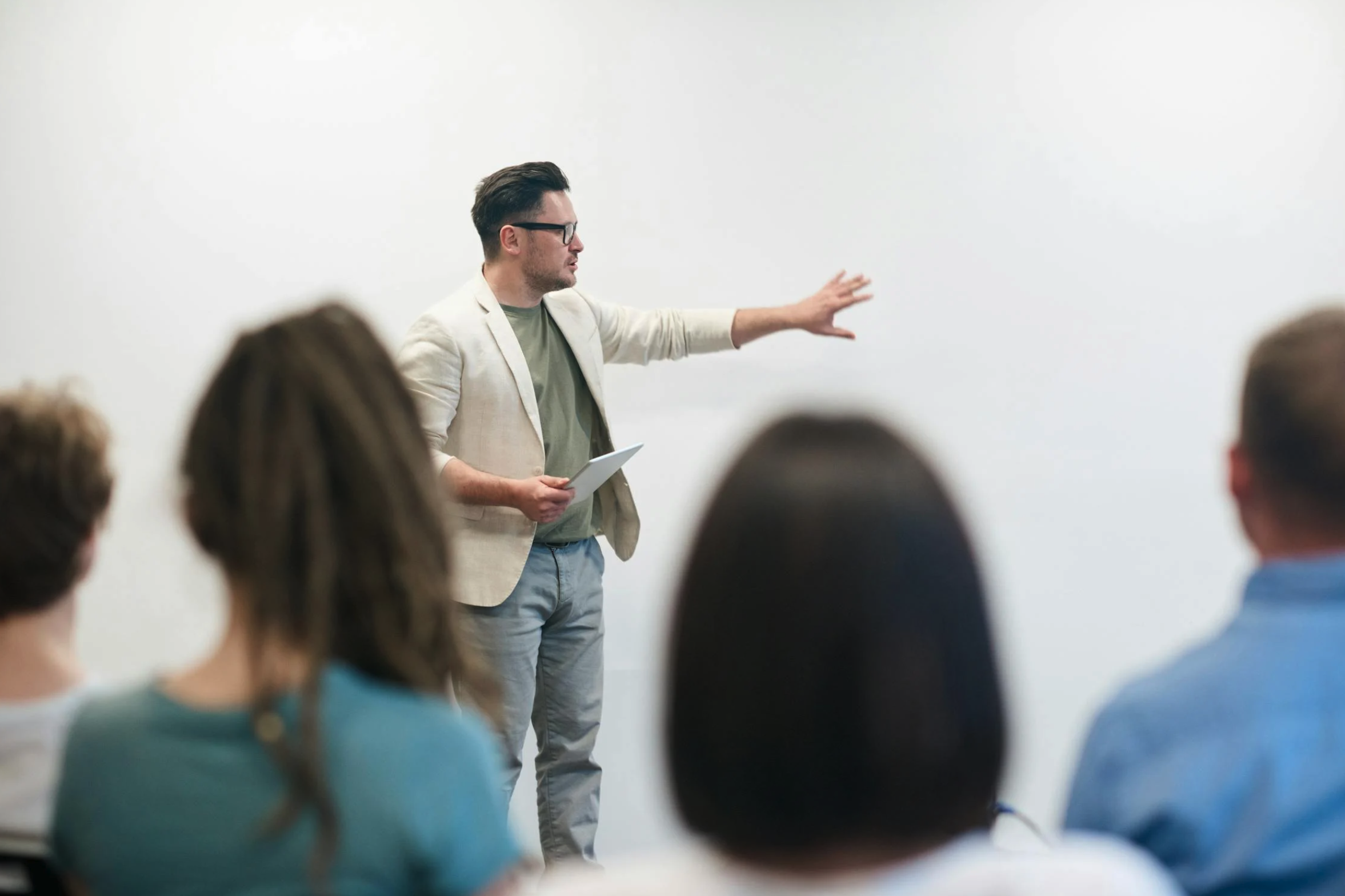
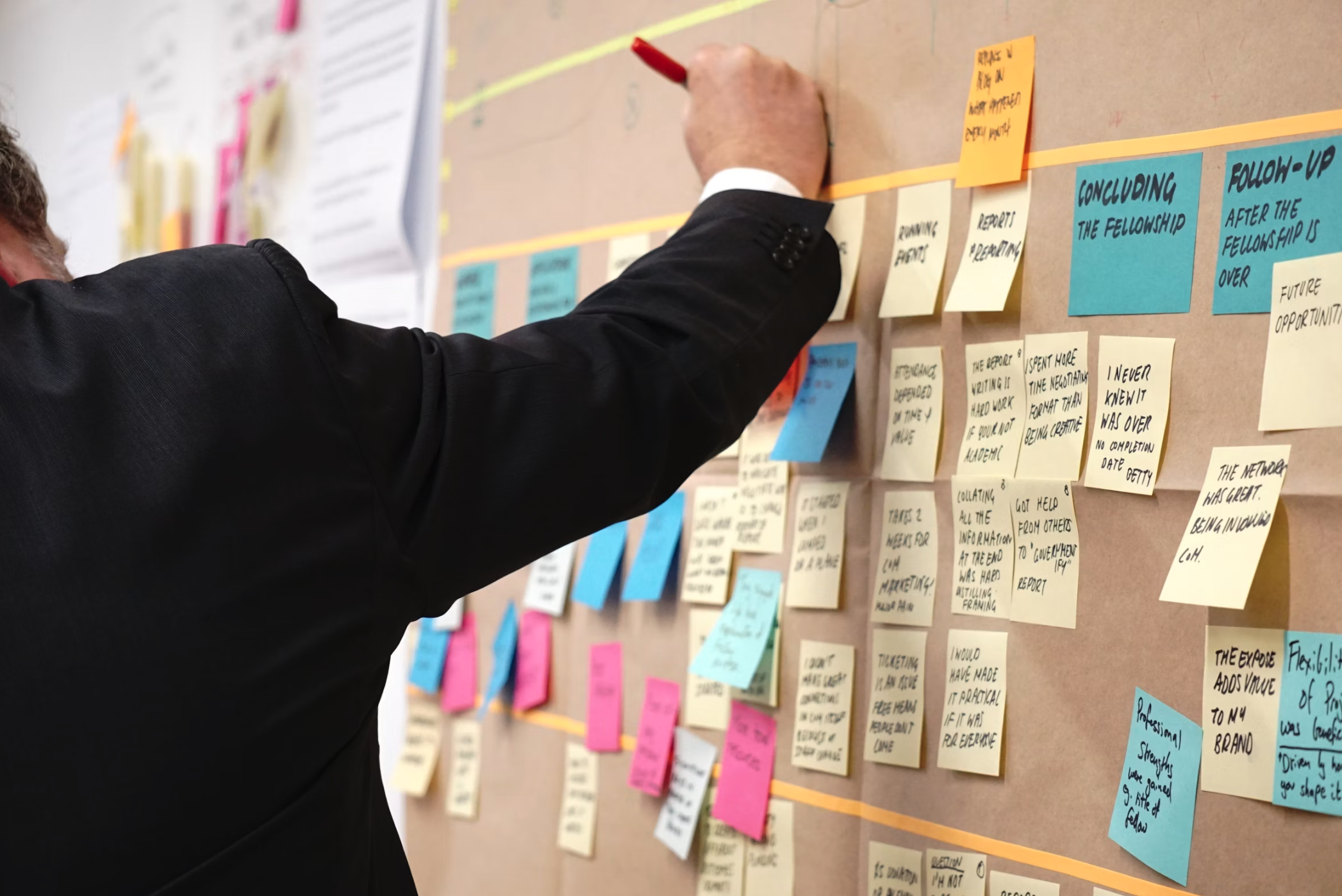
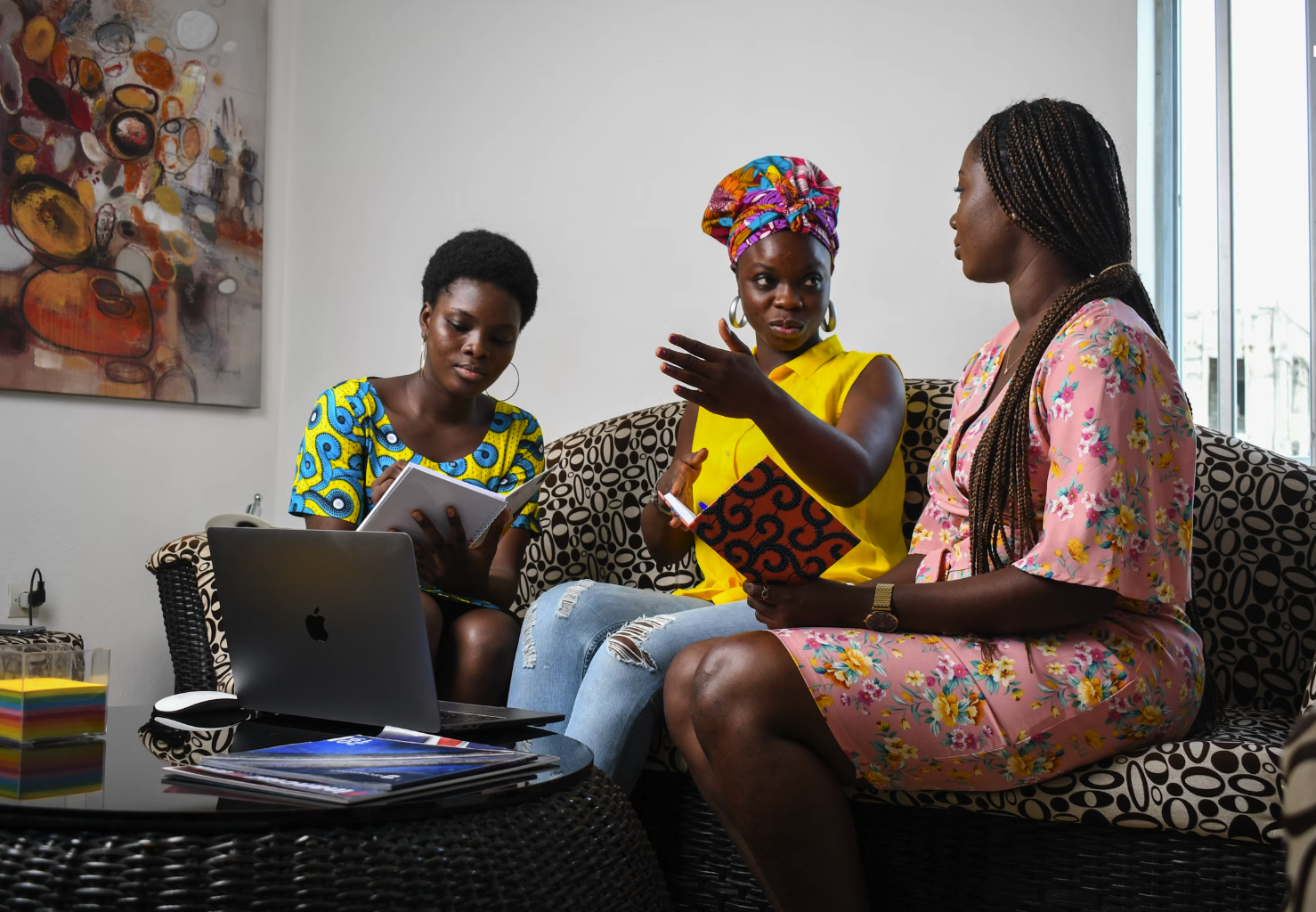

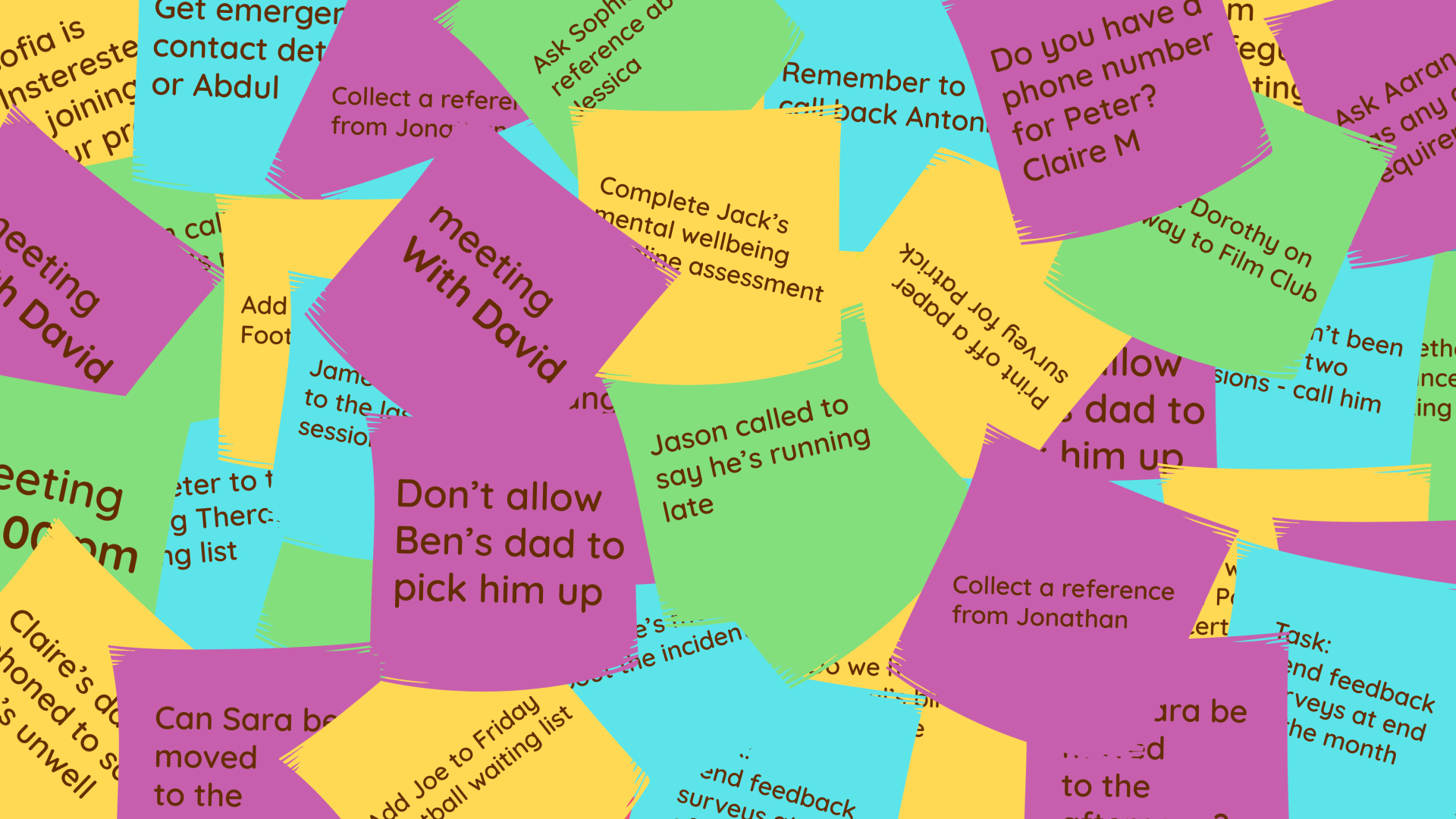



.png)


.png)






.png)

%208.png)









.png)

